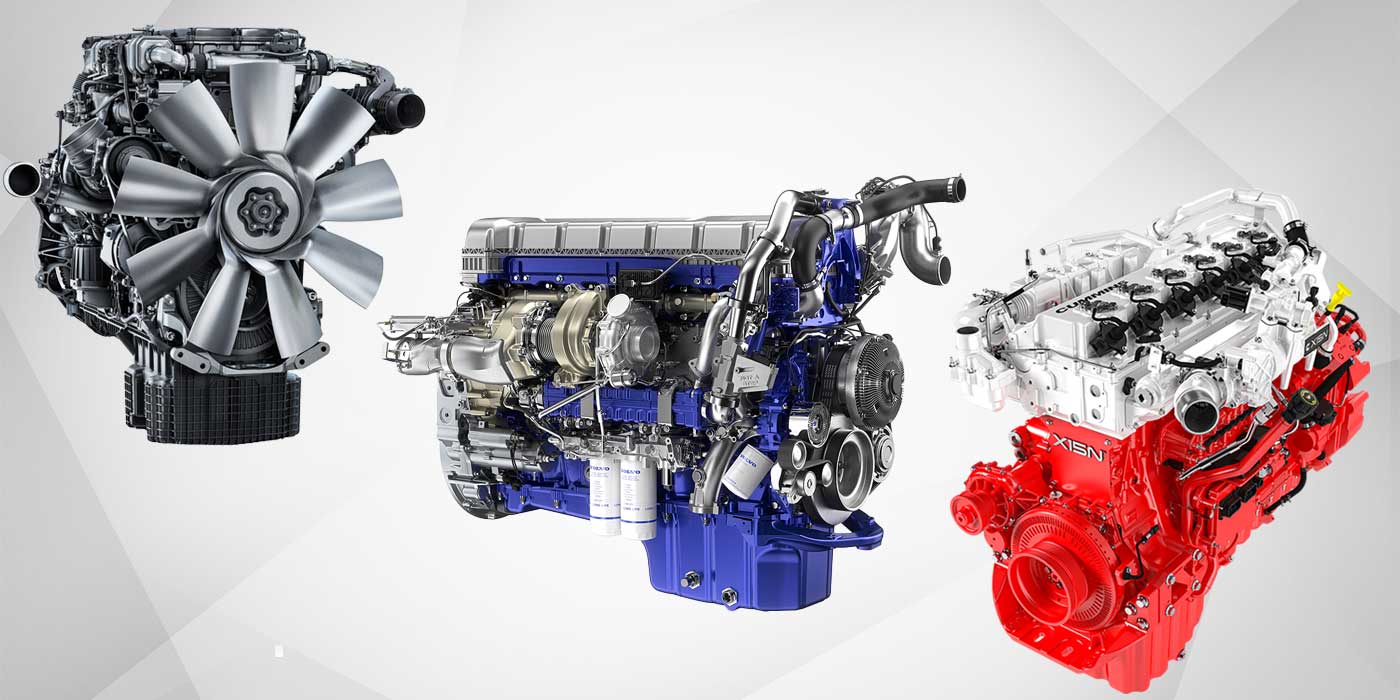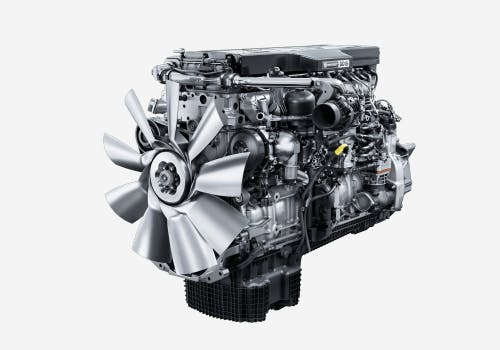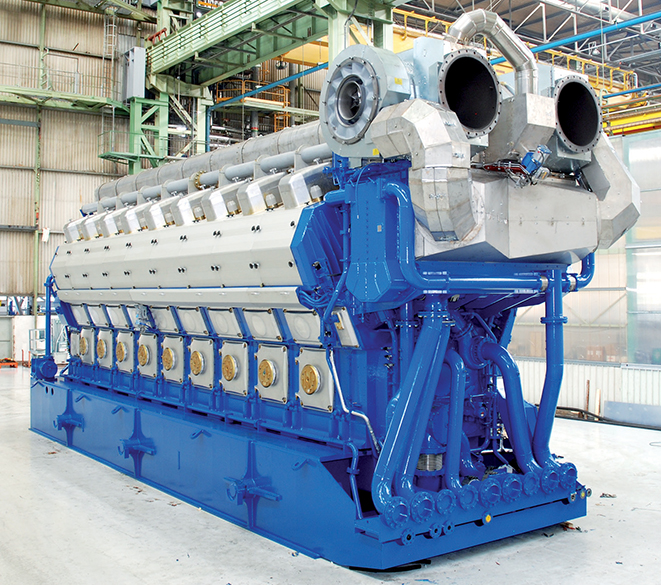Optimize Your Financial Investment with Engines For Africa's Range
Optimize Your Financial Investment with Engines For Africa's Range
Blog Article
Explore a Large Range of Engines for each Car and Function
The vehicle landscape is progressively complicated, with a varied variety of engine types developed to satisfy particular performance and efficiency requirements across numerous lorry groups. From the high-performance engines that power sporting activities autos to the fuel-efficient alternatives customized for everyday commuting, the choices are vast and varied. Additionally, sturdy engines offer the requirements of work vehicles, while environmentally friendly alternatives are getting traction in the pursuit of lasting transport. Comprehending these distinctions is crucial for making educated decisions, particularly as emerging modern technologies remain to shape the future of automobile design. What ramifications might these developments hold for consumers and suppliers alike?
Kinds Of Automotive Engines
Automotive engines can be categorized right into several unique kinds, each developed to fulfill particular efficiency and performance demands. One of the most common classifications consist of internal combustion engines, electrical engines, and crossbreed systems.

Electric engines, on the various other hand, operate electric power saved in batteries, providing instant torque and zero exhausts. These engines are becoming progressively popular because of innovations in battery innovation and the expanding focus on sustainability.
Hybrid systems integrate both inner combustion and electric engines, allowing lorries to optimize fuel effectiveness and lower emissions by effortlessly switching over between source of power. Each engine type provides its drawbacks and advantages, affecting variables such as car style, meant usage, and market need. Recognizing these distinctions is essential for producers and consumers alike when picking the appropriate engine for their specific requirements.
Performance Engines for Sports Cars
Performance engines for sports vehicles are especially crafted to deliver boosted agility, power, and speed, establishing them apart from conventional automotive engines. These engines often make use of advanced modern technologies such as turbocharging, supercharging, and variable shutoff timing to maximize performance and responsiveness.
Commonly, performance engines are developed with higher compression ratios, which permit better energy extraction from fuel. This causes impressive horse power and torque numbers, making it possible for quick acceleration and higher top rates. Furthermore, the lightweight materials utilized in these engines, such as light weight aluminum and carbon fiber, add to minimized general automobile weight, improving handling and maneuverability.
Engine setups like V6, V8, and even hybrid systems prevail in performance sports vehicles, each offering special benefits in regards to power shipment and driving dynamics. The tuning of these engines is likewise important; numerous makers optimize the engine monitoring systems to supply an exhilarating driving experience, commonly consisting of sporting activity modes that readjust throttle response and gear changes.
Reliable Engines for Daily Commuters
In the realm of day-to-day commuting, efficient engines play a critical duty in optimizing gas economy and minimizing discharges while giving reputable performance. As urban populations expand and ecological concerns magnify, the need for lorries outfitted with effective powertrains has actually surged.
Modern engines developed for daily travelers frequently incorporate technologies such as turbocharging, direct gas shot, and hybrid you could look here systems. Turbocharging boosts engine performance forcibly even more air right into the burning chamber, enabling smaller, lighter engines that do not endanger power output. Straight gas shot enhances gas atomization, causing better combustion and boosted effectiveness.
Crossbreed engines, integrating internal burning with electric power, further boost gas economic climate, particularly in stop-and-go web traffic, where typical engines can suffer from inadequacies. Electric electric motors aid during acceleration and can operate individually at reduced speeds, reducing general gas consumption.
Additionally, improvements in engine monitoring systems and light-weight materials add significantly to reliable engine layout. By concentrating on performance, durability, and environmental sustainability, suppliers remain to provide engines that not only fulfill the demands of daily travelling however also align with international efforts to reduce carbon impacts.
Heavy-Duty Engines for Work Vehicles
Sturdy engines for work lorries are routinely engineered to provide phenomenal torque and dependability under demanding problems. These engines are developed to perform in settings where conventional engines may fail, such as construction websites, logging operations, and farming settings. The key focus of sturdy engines is their ability to generate high degrees of power while preserving resilience over expanded periods of procedure.
Generally, sturdy engines utilize sophisticated products and durable building strategies to endure the roughness of heavy workloads. Features such as strengthened cyndrical tube blocks, improved air conditioning systems, and advanced fuel shot modern technologies add to their performance. These engines frequently run at reduced RPMs, which helps to enhance gas efficiency while offering the essential power for transporting and lugging.
In addition to mechanical toughness, durable engines are often geared up with advanced digital control devices (ECUs) that manage performance, discharges, and diagnostics. This combination permits far better monitoring and maintenance, making sure that job vehicles remain operational and effective.
Eventually, sturdy engines are an essential component in the productivity of various industries, offering the required power and reliability to tackle the toughest of tasks.
Eco-Friendly Engine Options
The growing focus on sustainability has actually brought about the growth of eco-friendly engine options that focus on lowered exhausts and boosted gas effectiveness. These engines are developed to reduce the environmental impact of automobiles while still providing the performance and reliability anticipated by Full Report customers.
Among the most notable green alternatives are electric and hybrid engines. Hybrid engines incorporate standard interior combustion engines with electric propulsion, permitting for minimized fuel consumption and reduced greenhouse gas discharges. Electric engines, on the other hand, run completely on battery power, producing absolutely no tailpipe discharges and contributing to cleaner air top quality.
Another encouraging development is the innovation of biofuel engines, which use renewable energies, such as plant materials, to power lorries (Engines For Africa). By utilizing biofuels, these engines can reduce reliance on nonrenewable fuel sources and lower total carbon advice footprints

As the auto industry advances, environmentally friendly engine options will play a crucial duty in driving the transition in the direction of even more sustainable transportation services.
Final Thought
From high-performance engines that improve sporting activities car capabilities to effective models focusing on gas economic climate for daily commuters, each kind serves a particular feature. Durable engines provide to durable job lorries, while eco-friendly options, such as electric and biofuel engines, promote sustainable transportation.

Report this page